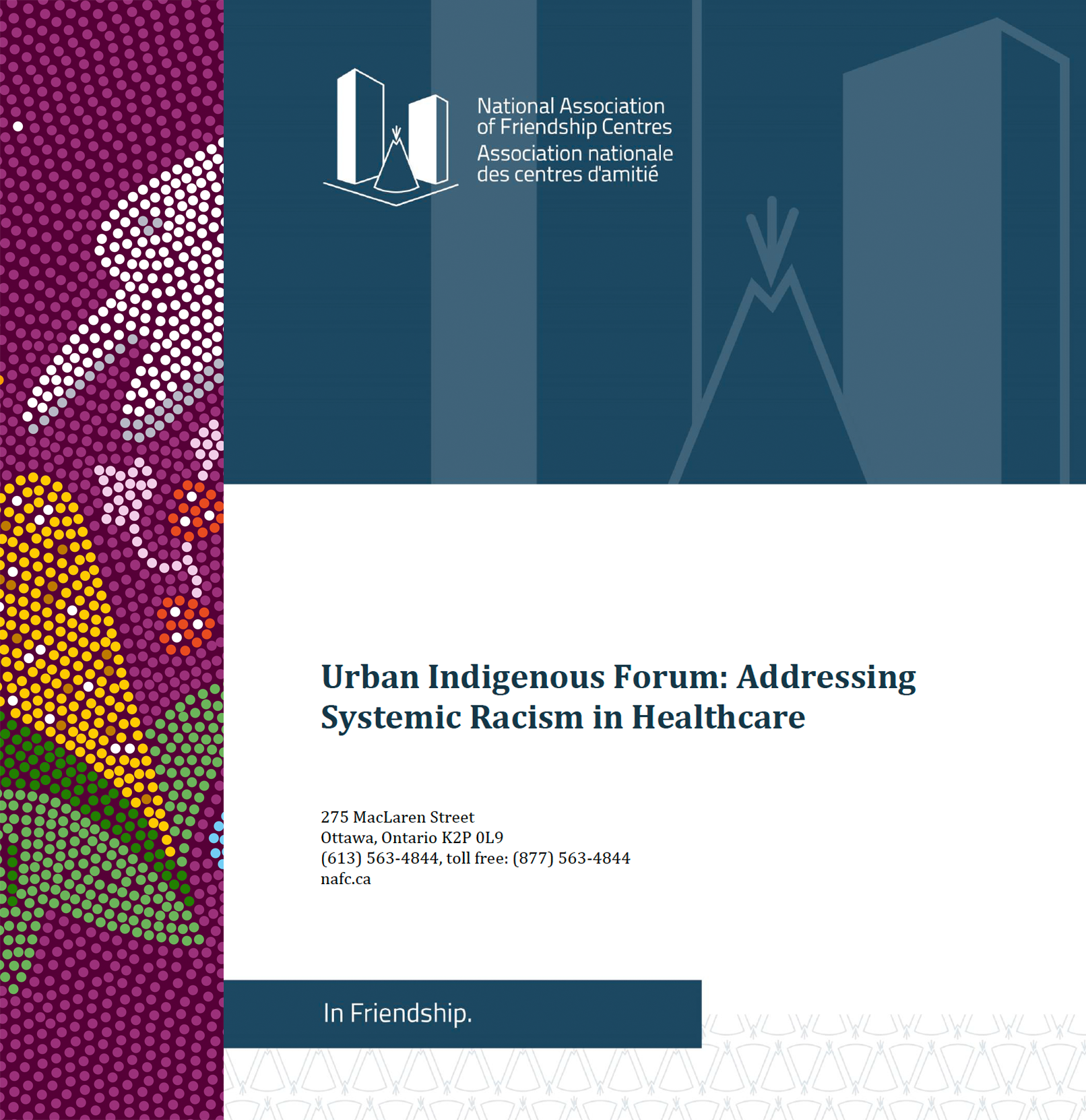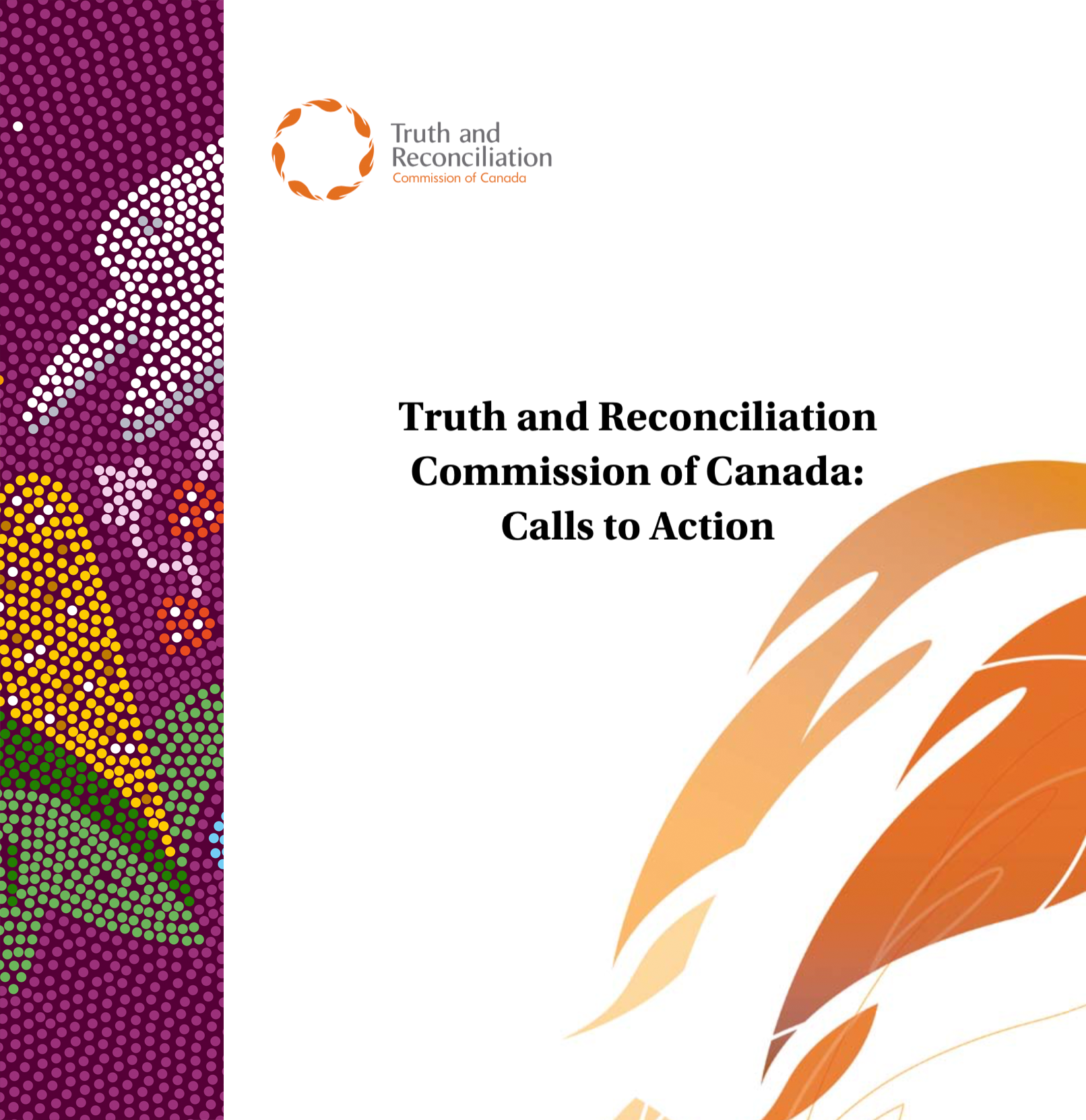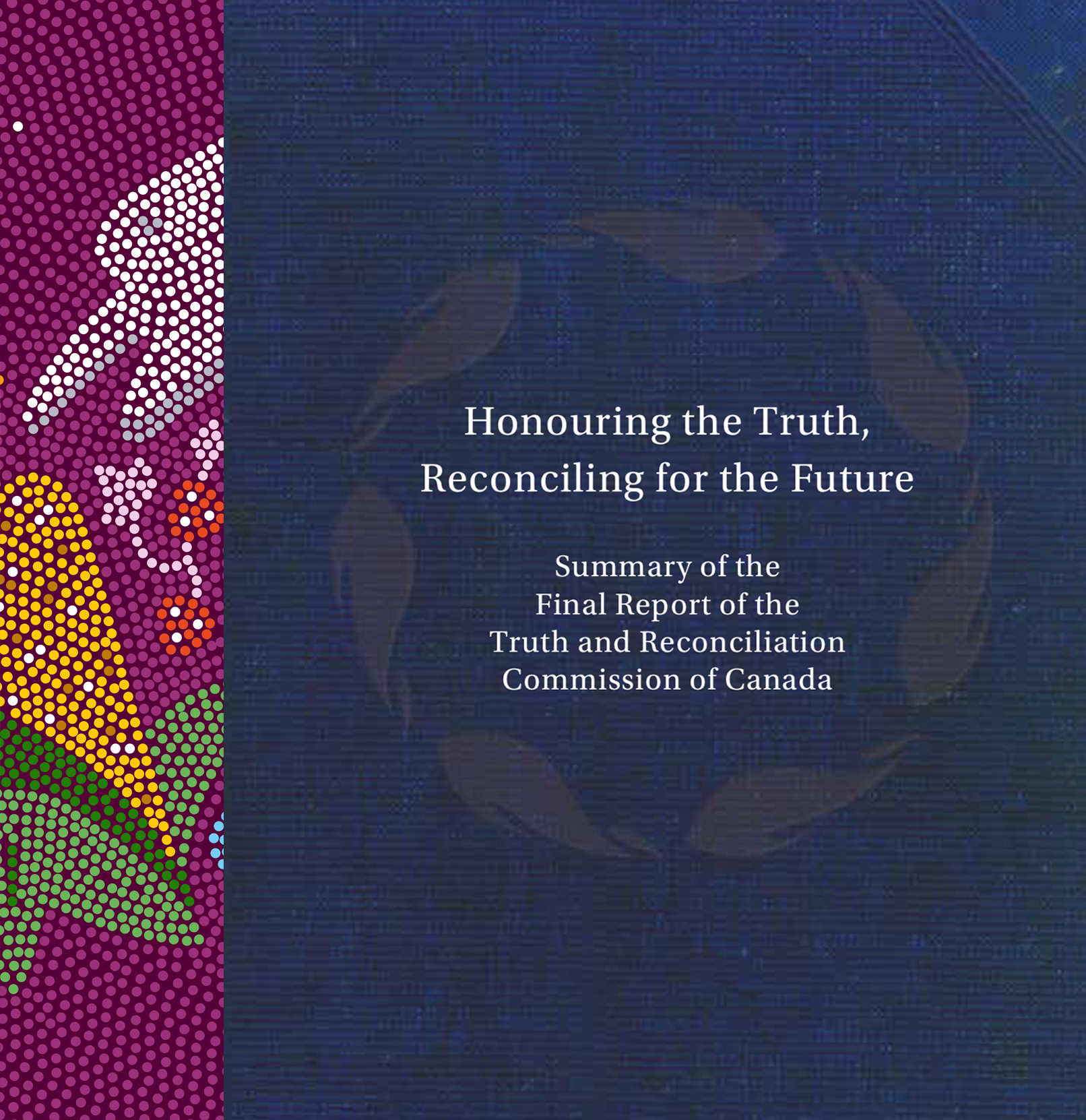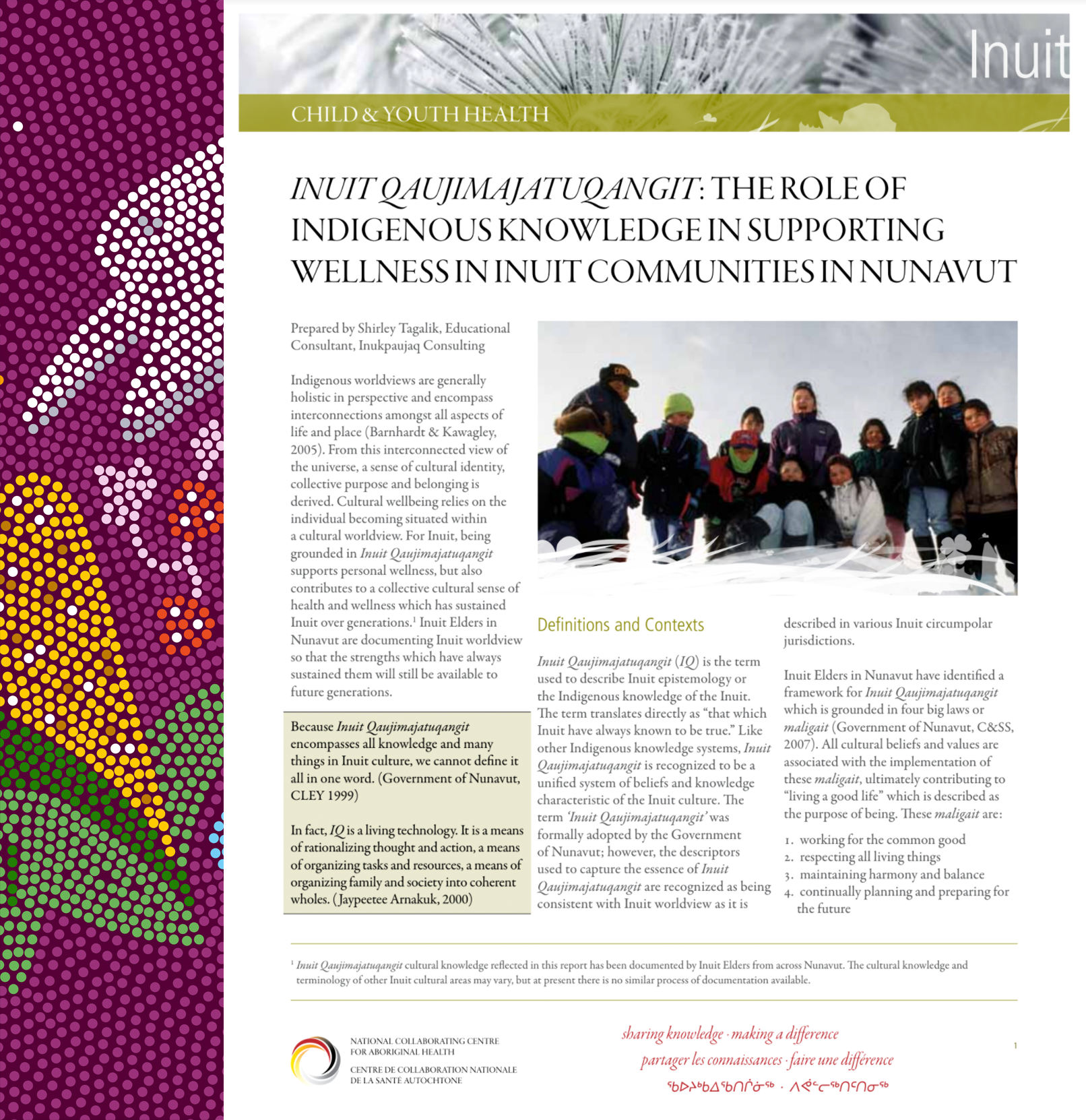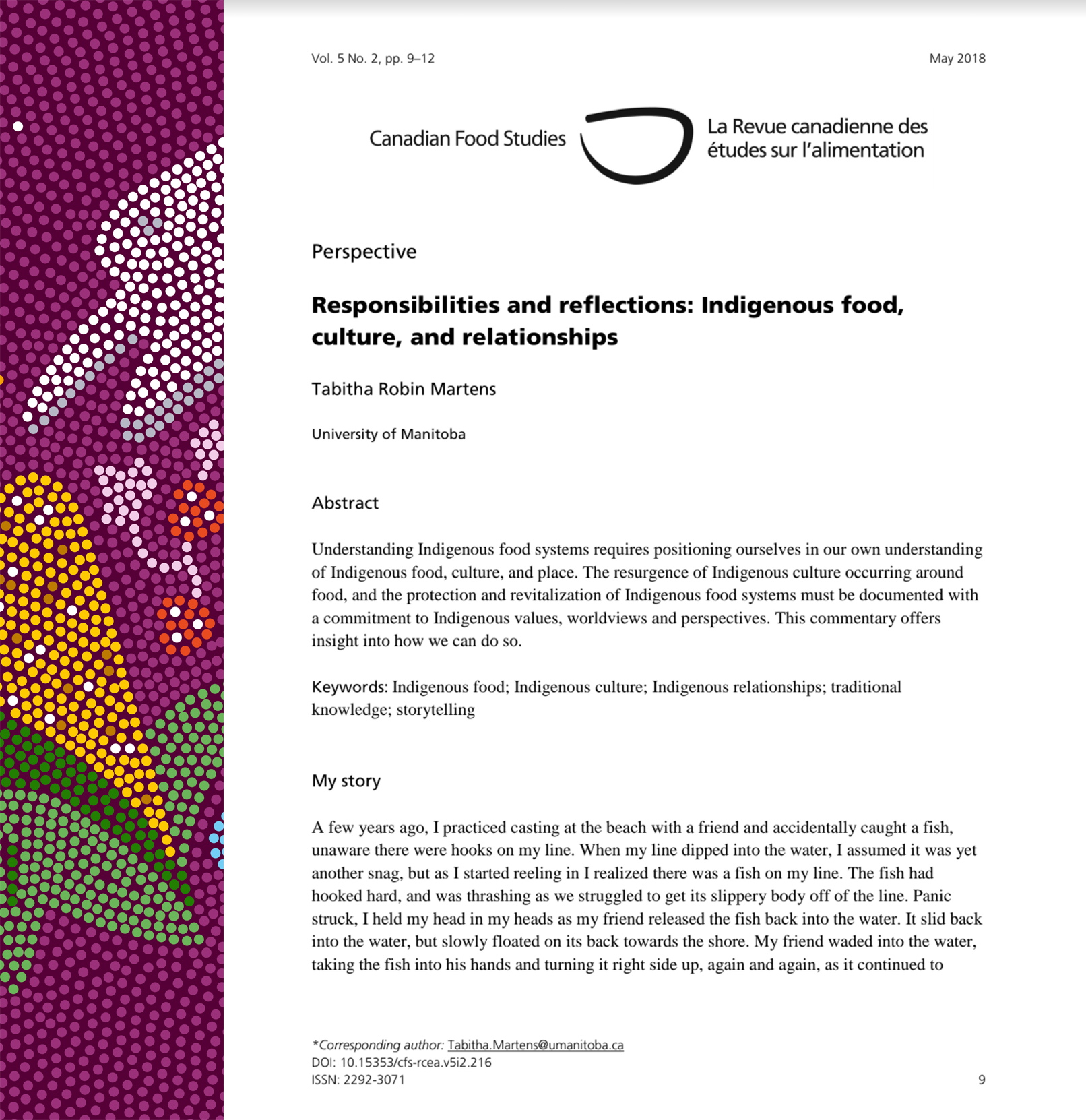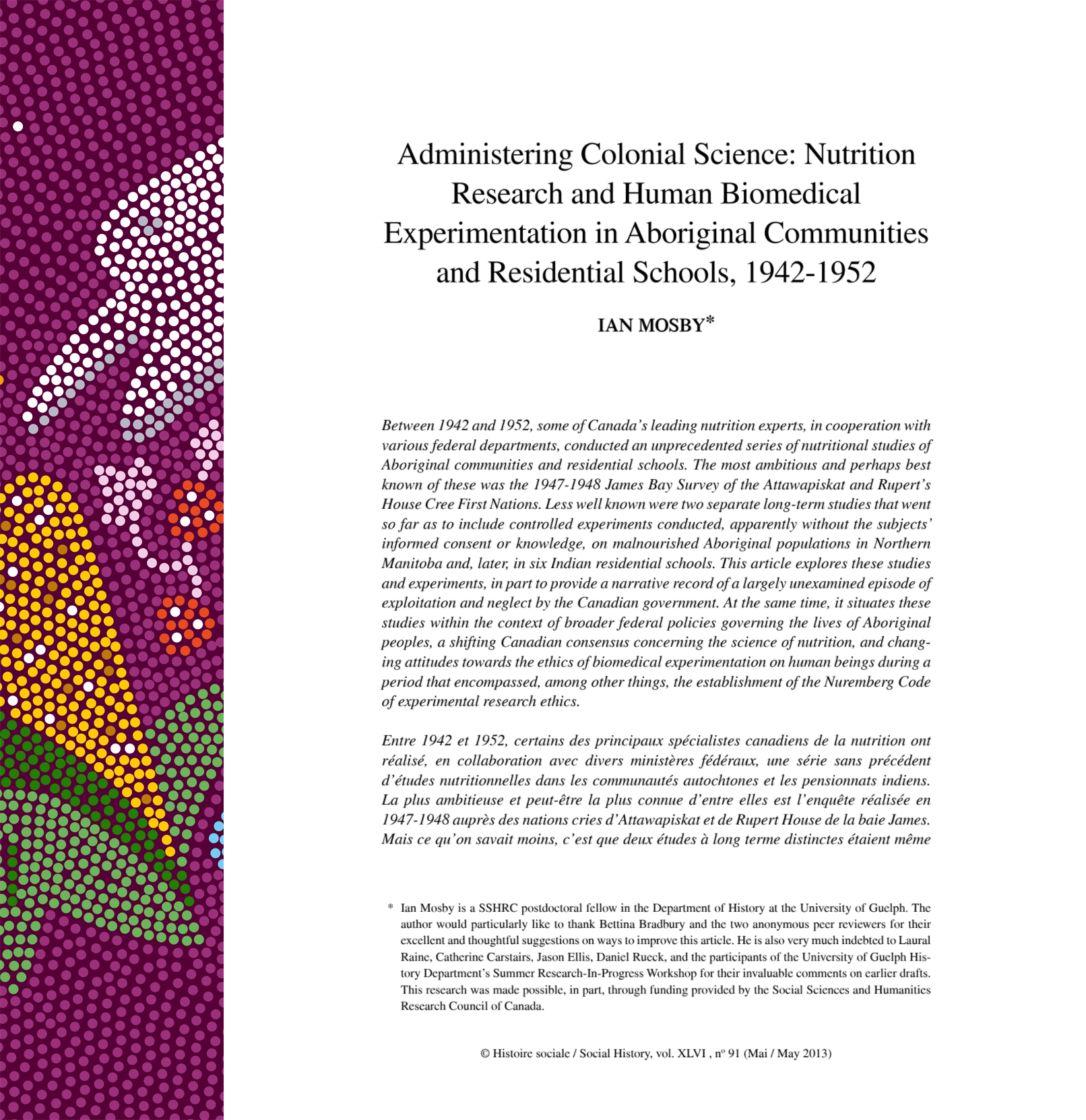Source: Indigenous Health Writing Group at the Royal College of Physicians
Year: 2019
The following document is designed to provide key approaches, ideas and background knowledge for health care providers, learners and educators in caring for Indigenous Peoples. The primer was written and edited by Indigenous and non-indigenous authors. Many of us are practising Indigenous physicians from a breadth of specialties. Each reference section is linked to detailed sources, the majority of which were created by Indigenous organizations. In addition to the theoretical and medical content, we aimed to include stories to illustrate the experiences of Indigenous Peoples in the health care system.



